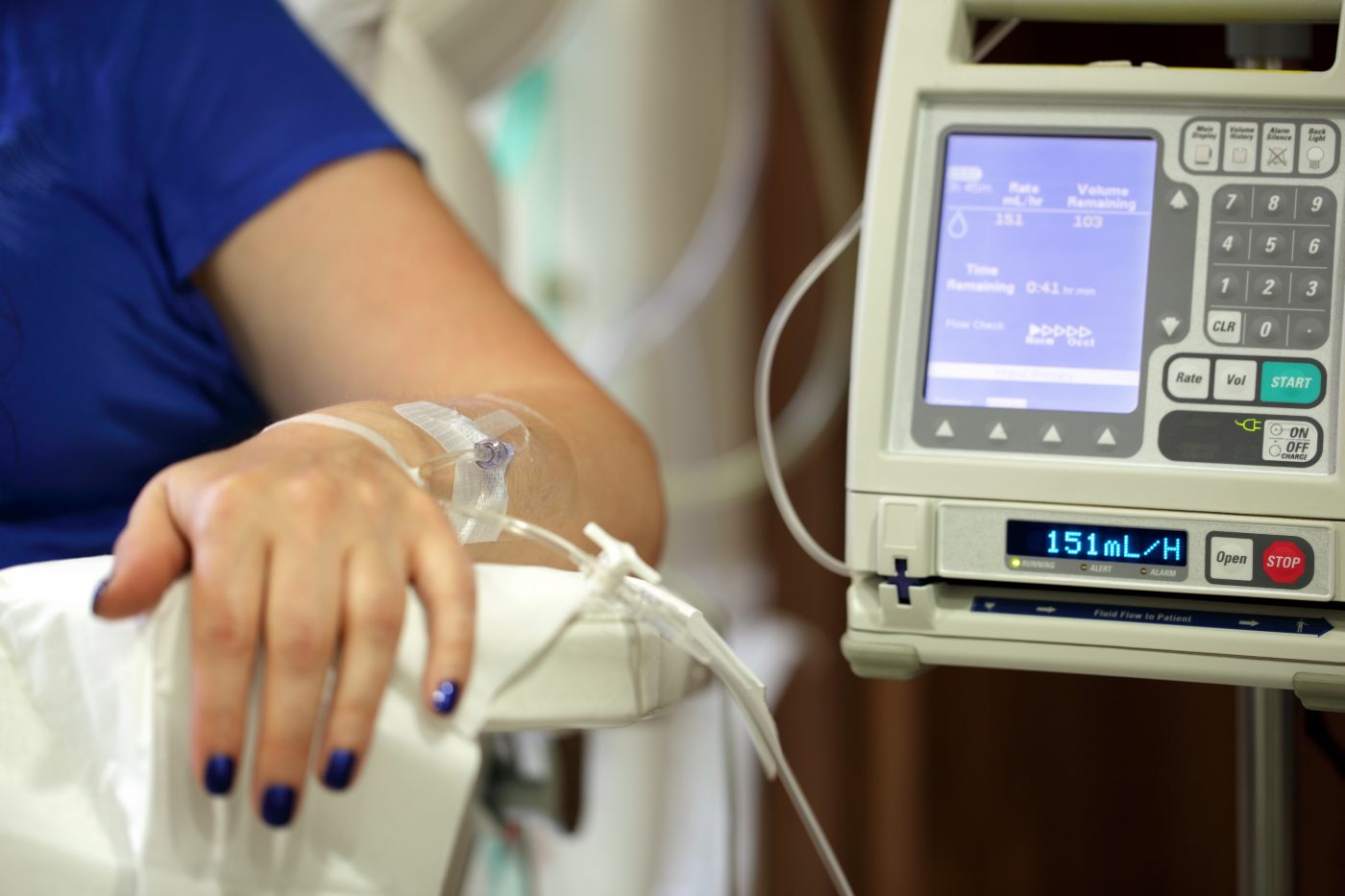A completed Phase 2 clinical trial in relapsed or refractory systemic Anaplastic Large Cell Lymphoma (ALCL) demonstrated that the experimental drug UCN-01 (7-hydroxystaurosporine) produced a complete clinical response in 18% of patients in one cohort of tested patients. Between the two dosing regimens tested, the 28-day cycle of UCN-01 infusion was more effective.
ALCL is categorized as a T-cell lymphoma. In this study, adolescent and adult patients whose T-cell lymphomas were relapsing or refractory (not responding to treatment) were eligible for the study. 20 patients were split into two groups: Cohort 1 was on a 28-day period of treatment, and Cohort 2 was on a 21-day period of treatment. Both groups received two cycles of treatment during one period. The first cycle of treatment consisted of a 72-hour infusion of UCN-01, and the second cycle consisted of a 36-hour infusion of UCN-01.
Following the 74.5-month treatment period, patients were evaluated for clinical response rate. Of the 11 patients in Cohort 1, 18% of patients experienced a complete response, while none of the 9 patients in Cohort 2 experienced a complete response. According to the trial, “UCN-01 (7-Hydroxystaurosporine) to Treat Relapsed T-Cell Lymphomas,” a patient showed a complete response if there was a “complete disappearance of all detectable clinical and radiographic evidence of disease,” as defined by the International Workshop to Standardize Response Criteria. The remaining patients in Cohort 1 showed a partial response (no increase in size of nodes), progressive disease (greater than or equal to 50% increase from nadir), or stable disease, while some were not evaluable. In both Cohorts, the majority of patients demonstrated progressive disease.
All patients in both cohorts completed treatment, but all but one patient experience an adverse event during the 76-week span of evaluation. Most commonly, patients experienced anemia, nausea, vomiting, or hyperglycemia, but other events such as back pain were experienced by only one patient.
Scientists believe UCN-01 is effective at battling T-cell lymphomas because it is a non-specific protein kinase C (PKC) inhibitor. By inhibiting PKC, UCN-01 inhibits the growth of tumor cells. Researchers have tested UCN-01 on a variety of cell types, and they found it to be highly effective against T-cell lymphoma tumor cells taken from ALCL patients, especially those patients with certain genetic mutations in their tumor cells.
Although B-cell lymphomas are the most common types of lymphomas, clinical trials such as these are valuable to help bring patients with T-cell lymphomas access to experimental therapies that are not yet available in the clinic. Additionally, for this specific trial, tissue biopsies, blood, and other body fluids were collected for researchers to analyze gene and protein expression to help further the knowledge in the T-cell lymphoma field to develop additional effective treatments for disease.


